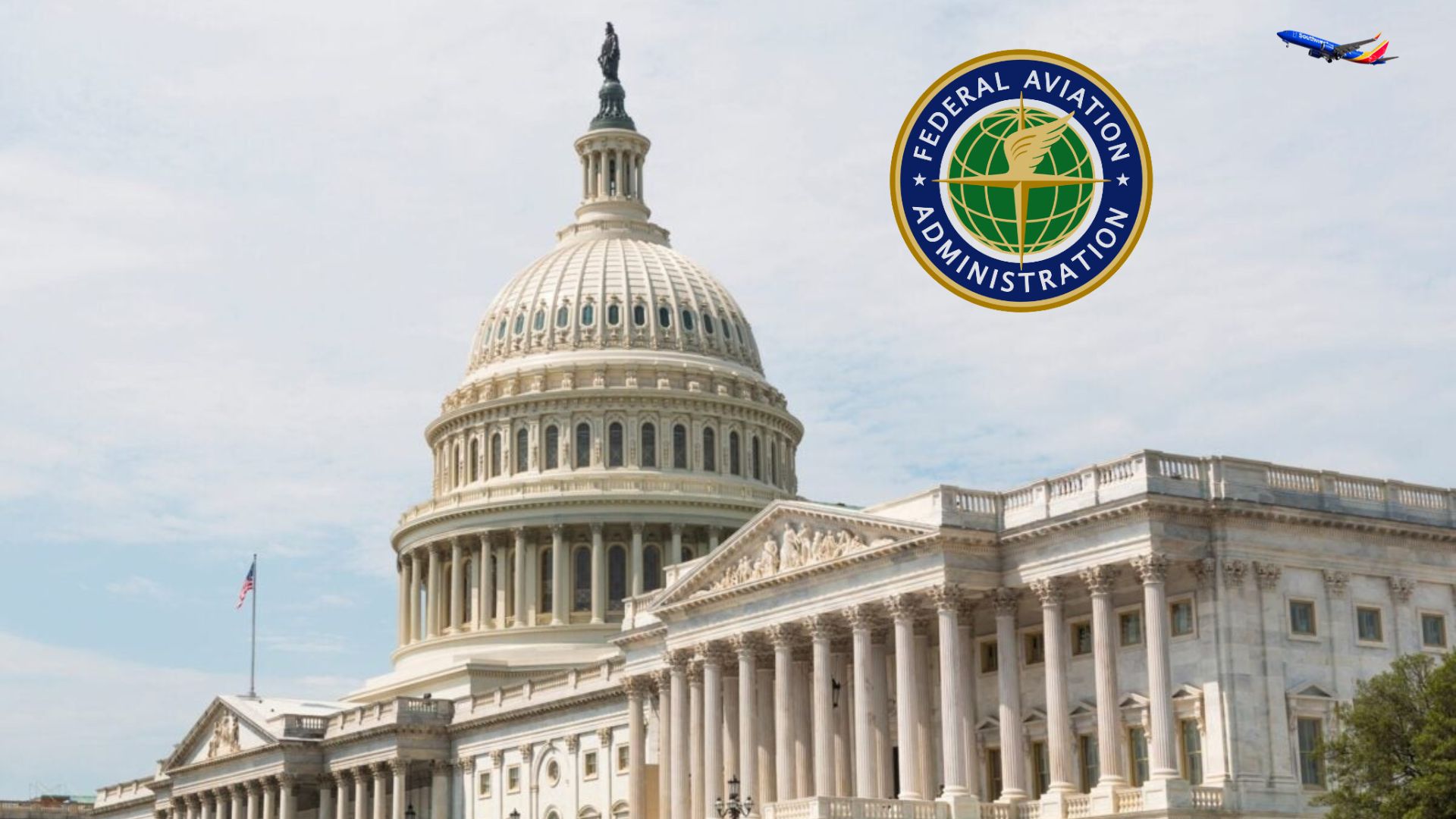


The U.S. House of Representatives today approved the FAA Reauthorization Act of 2024 (H.R. 3935) a comprehensive, bipartisan bill to reauthorize the Federal Aviation Administration (FAA) and aviation infrastructure and safety programs, with broad bipartisan support in a 387-26 vote.
Lawmakers voted to renew the Federal Aviation Administration Reauthorization Act for another five years, overcoming the two-thirds majority threshold needed to pass the House. The legislation was brought to the floor under a suspension of rules, raising the minimum vote threshold needed in order to expedite its passage.
The vote comes just days after the measure passed the Senate following a dayslong impasse caused by senators who opposed a provision that would add 10 slots at Ronald Reagan Washington National Airport, arguing it would cause delays and become a risk to public safety.
The renewal turns out to be a relief for 3,000 federal employees who would have been furloughed had the measure expired after the deadline of midnight on Friday. The FAA was initially scheduled to expire last week, but lawmakers passed a temporary extension last week to buy time to hammer out a final deal.
The landmark aviation legislation provides key safety improvements, invests in infrastructure at airports of all sizes, promotes cutting-edge aviation solutions, enhances America’s aviation workforce, improves the flying public’s travel experience, and ensures a healthy general aviation sector for years to come.
The bill allocates roughly $66.7 billion to go toward FAA operations, such as safety programs and the hiring of air traffic controllers, as well as another $17.8 billion for related facilities and equipment.
The bill would also include measures that would prohibit additional fees for families to select connecting seats in the same rows. It would also require clear standards for refunds and reimbursement when flights are delayed or canceled.
However, the most contentious provision included in the bill is to expand the number of slots at DCA, with some House Republicans reiterating their Senate counterparts’ concerns.
The FAA reauthorization bill approved by the U.S. House of Representatives includes language allowing Boeing an extra 5 years to produce 767 freighters for FedEx and UPS beyond the date when international standards mandating cleaner engine types kick in.
The bill gives Boeing a bridge, in case the express carriers need extra capacity, until it can develop a new freighter next decade. Multiple industry sources familiar with the process said FedEx and UPS joined Boeing in lobbying Congress for a reprieve from the Jan. 1, 2028, production deadline.
Aviation Subcommittee Ranking Member Steve Cohen said,
“This bipartisan FAA reauthorization bill is the product of endless hours of negotiation and debate and will transform several aspects of flying in the years to come,”
“In particular, I am pleased to see provisions I authored, including important consumer protection and safety measures, become part of this bill. Changes include the most transformative air travel accessibility reforms in decades. I am delighted to see it finally heading for the President’s desk to be signed into law.”
